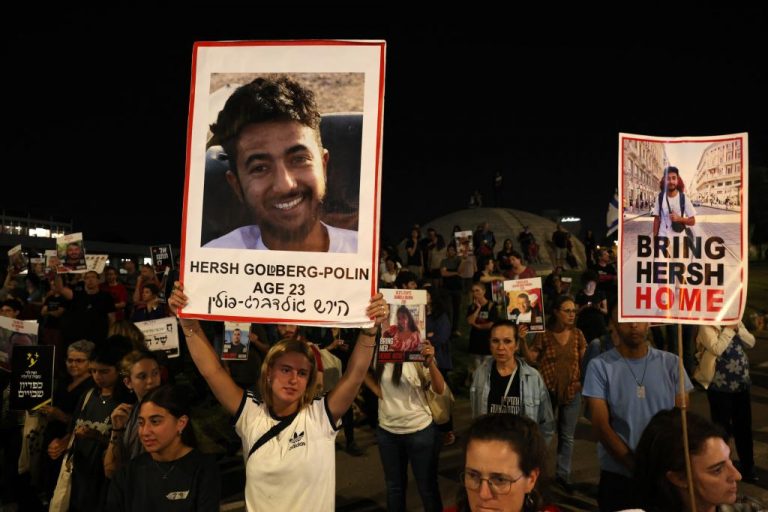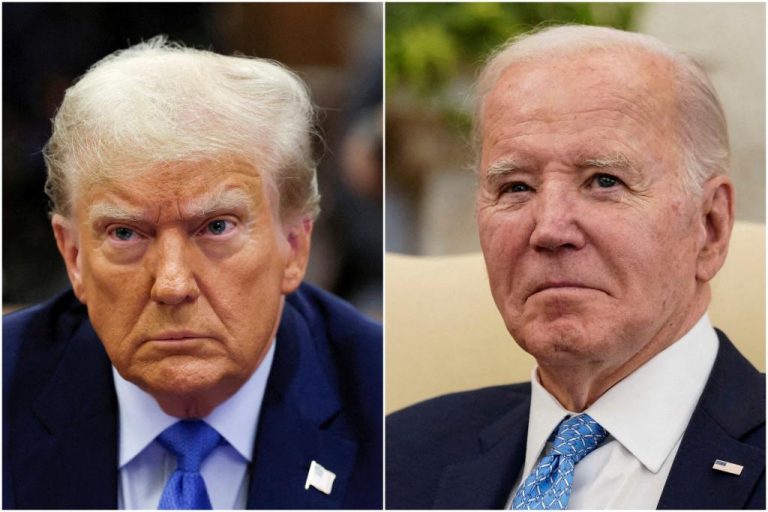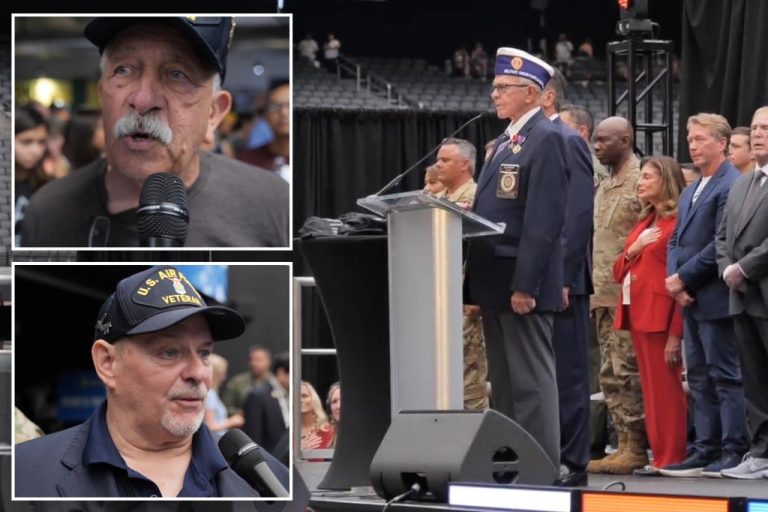What Thomas Matthew Crooks did before shooting at rally
On the evening of July 12th, 2024, the city of Boston was rocked by a shocking incident at a political rally held by former President Donald Trump. The rally, which was attended by thousands of his supporters, took a dark turn when a man named Thomas Matthew Crooks attempted to assassinate the former President. As investigators dig deeper into the events leading up to the shooting, a clearer picture of Crooks’ movements in the 24 hours before the rally shooting has emerged.
According to eyewitnesses and security footage, Crooks arrived in Boston the day before the rally. He checked into a small motel on the outskirts of the city, where he spent the night before setting out to attend the rally the next day. Investigators have been able to piece together a timeline of Crooks’ actions in the hours leading up to the shooting, shedding light on his mindset and motivations.
Before heading to the rally, Crooks was seen purchasing a hunting rifle at a local gun store. He then proceeded to a nearby shooting range, where he spent several hours honing his marksmanship skills. Witnesses at the shooting range reported that Crooks appeared calm and focused, showing no signs of the violence he was about to unleash.
After leaving the shooting range, Crooks made his way to the rally venue, where he managed to bypass security and position himself in a strategic location near the stage where President Trump was set to speak. As the former President took the stage and began his address, Crooks took aim with his rifle and fired a single shot.
The shot missed its intended target, striking a security guard instead. Chaos erupted as security personnel rushed to apprehend Crooks, who was quickly subdued and taken into custody. In the aftermath of the shooting, investigators scrambled to piece together Crooks’ background and determine what had driven him to commit such a heinous act.
As details of Crooks’ life began to emerge, a troubling picture of a troubled and disturbed individual began to take shape. Crooks, a loner who had few friends or family members, had a history of mental health issues and run-ins with the law. He had previously been arrested for minor offenses, but nothing in his past had indicated that he was capable of such a violent act.
Neighbors and acquaintances of Crooks described him as a quiet and withdrawn man who kept to himself. They were shocked to learn of his involvement in the assassination attempt and struggled to reconcile the man they knew with the violent actions he had taken. As investigators delved deeper into Crooks’ past, they uncovered a trail of online posts and messages that hinted at his growing disillusionment and anger towards the government and political establishment.
In the days following the shooting, President Trump made a public statement condemning the violence and urging unity and peace among Americans. He expressed his gratitude to the security personnel who had prevented a tragedy and vowed to continue fighting for the values and principles he believed in. The rally shooting served as a stark reminder of the deep political divisions and tensions that still plagued the country, even after years of progress and peace.
As Boston and the nation as a whole grappled with the aftermath of the shooting, questions remained about how such an incident could have occurred and what could be done to prevent similar tragedies in the future. Calls for stricter gun control measures and improved mental health services grew louder, as lawmakers and activists sought to find solutions to the underlying issues that had fueled Crooks’ actions.
Ultimately, the rally shooting served as a wake-up call for the nation, forcing Americans to confront the dark underbelly of their society and the dangers that lurked beneath the surface. It was a stark reminder of the fragility of democracy and the need for constant vigilance and unity in the face of those who sought to sow division and chaos.
As the investigation into the shooting continued and Crooks’ motives were scrutinized, one thing became clear: the events of that fateful day would leave a lasting impact on the city of Boston and the nation as a whole. It was a day that would be remembered as a turning point in the country’s history, a moment when the forces of hate and violence were confronted with courage and determination, and the spirit of democracy was reaffirmed.








